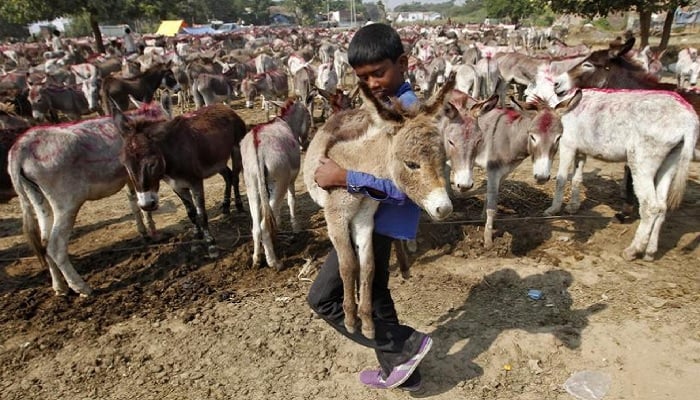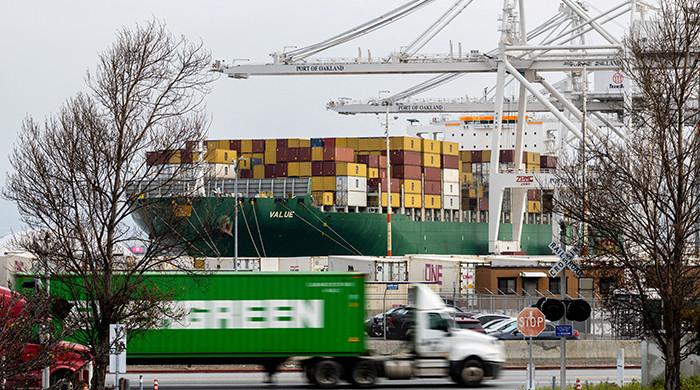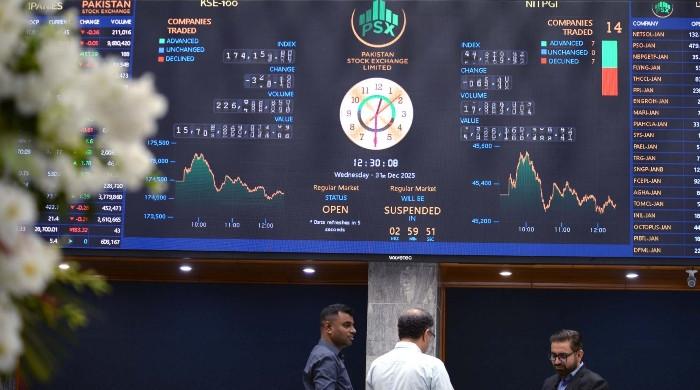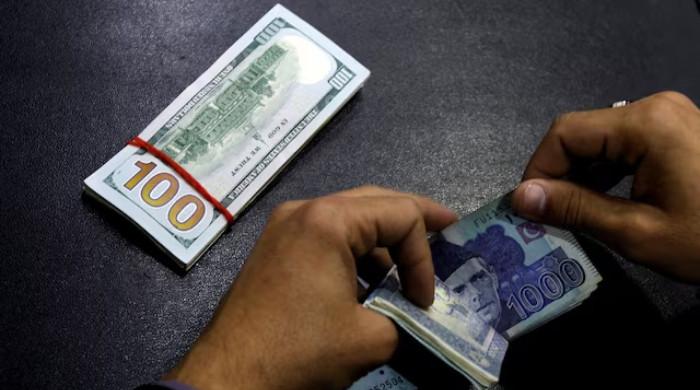Pakistan's donkey count tops 6m amid growing global demand for meat, hides
Population of buffaloes in the country rises by nearly 1.38m to 47.688m
June 04, 2025

The number of donkeys in Pakistan has risen by 109,000 over the past year to 6.047 million, up from 5.938 million, according to a Pakistan Bureau of Statistics (PBS) report, as Chinese demand for hides and meat continues to grow.
The PBS numbers also show significant increases in other livestock, including bovine and ovine animals.
According to the document, the population of buffaloes in the country rose by nearly 1.38 million, reaching a total of 47.688 million.
On the other hand, among smaller animals, sheep numbers went up by 388,000 to 33.119 million, while the number of goats increased significantly by over 2.35 million, now totalling 89.393 million.
Camel heads saw a meagre rise of 14,000, bringing their total to 1.177 million. Moreover, the number of horses grew by 1,000 to 383,000, and mules increased by 3,000, now standing at 227,000.
Overall, the total livestock count increased by 2.171 million during the year, climbing from 575.4 million to 597.11 million.
These rising numbers reflect ongoing growth in the livestock sector, which is an important part of the country’s rural economy and food supply.
Donkey business
As Pakistan's donkey population continues to increase, China remains a major market where donkey meat is used in cuisine and the hides for producing e-jiao, a traditional medicinal gelatin.
Previously, exports were limited due to delays in finalising the necessary protocols, which have now been completed.
Quoting animal welfare groups and veterinary experts, Reuters in a report published last year, said that China’s demand for e-jiao is fueling the slaughter of millions of donkeys every year.
Geo News in February reported that a slaughterhouse in Gwadar has started production to meet the surge in demand for donkey meat, bones, and hides in China for manufacturing the traditional product, e-jiao.
E-jiao industry needs 5.9m donkeys annually
The e-jiao industry requires an estimated 5.9 million donkey skins annually, which has put unprecedented pressure on global populations, according to a report released in February by The Donkey Sanctuary, a British charity devoted to the animal’s welfare.
E-jiao has a 3,000-year history in the northern Shandong province, according to the government-backed China Daily newspaper. The province accounts for around 90% of China’s e-jiao production, it said.
It is considered a “national cultural heritage” and is one of the most important products in the traditional Chinese medicine industry, according to Chinese state media.











